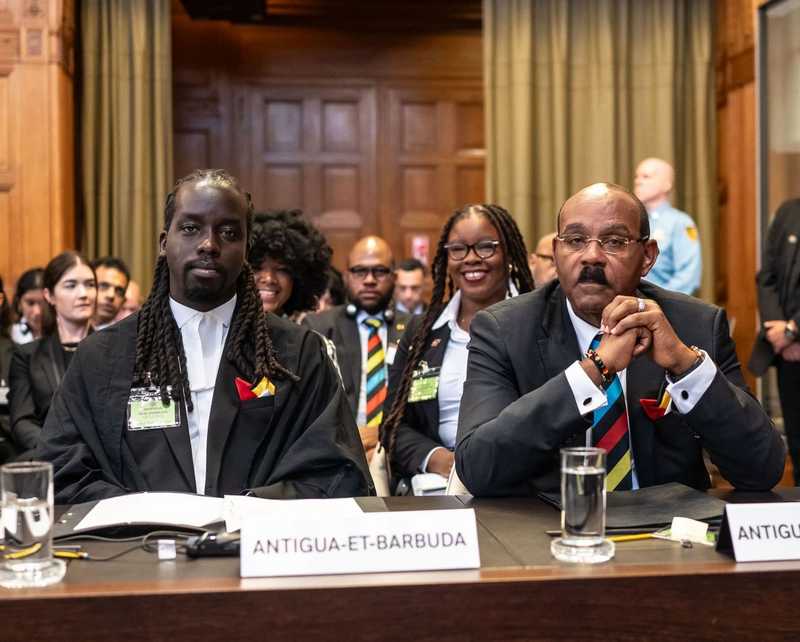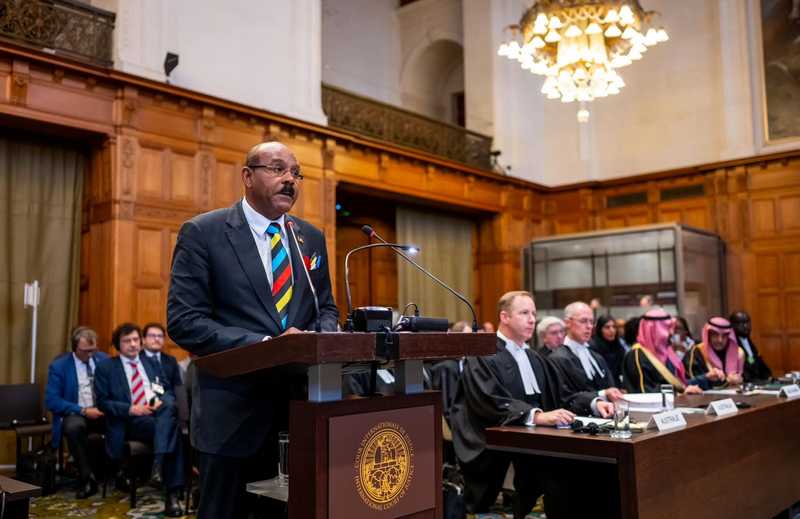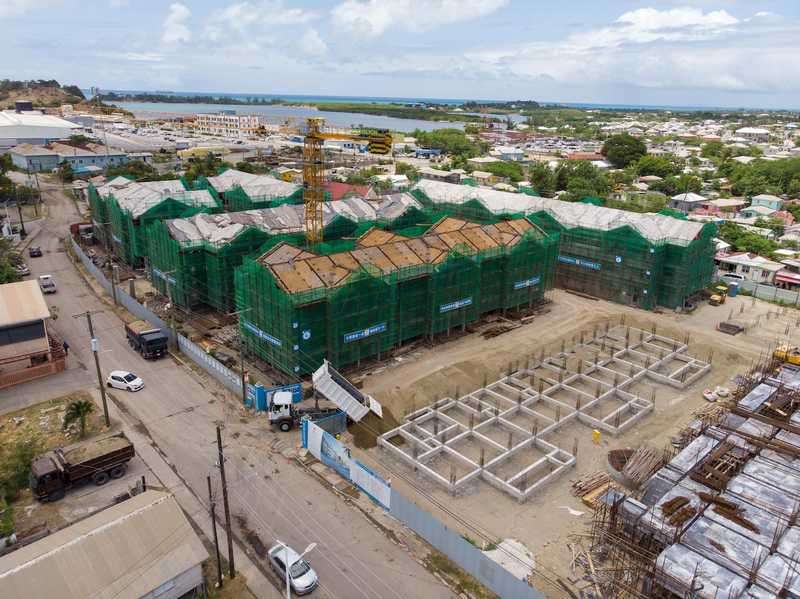

New York, 25 July 2025 – The Government of Antigua and Barbuda has warmly welcomed the landmark Advisory Opinion issued by the International Court of Justice (ICJ) on 23 July 2025, regarding the obligations of States in relation to climate change. Delivered at the Peace Palace in The Hague, this long-awaited legal interpretation represents a significant advancement in the global legal framework addressing the climate crisis.
In a bold and authoritative declaration, the Court clarified that all States have binding legal responsibilities to combat climate change. Notably, the ICJ reinforced the critical scientific consensus that the 1.5 degrees Celsius temperature limit is not a policy target, but a legal obligation necessary to avoid catastrophic and irreversible climate impacts.
The Opinion also provided decisive guidance on Nationally Determined Contributions (NDCs)—the national climate action plans required under the Paris Agreement. The Court ruled that NDCs are not optional or aspirational, but are mandatory obligations that must reflect increasing levels of ambition with each submission cycle.
Additionally, the Court affirmed that the rise in sea levels will not alter the established maritime baselines or compromise the legal standing of States under international law—a critical reassurance for low-lying Small Island Developing States (SIDS).
Antigua and Barbuda expressed pride in the leadership of SIDS, particularly in the Vanuatu-led initiative that brought the matter before the ICJ. The country also highlighted its central role—alongside Tuvalu—as co-chair of the Commission of Small Island States on Climate Change and International Law (COSIS), which spearheaded a separate advisory opinion before the International Tribunal for the Law of the Sea (ITLOS).
Prime Minister the Honourable Gaston Browne hailed the ruling as an historic milestone in the global pursuit of climate justice for vulnerable nations.
“This opinion is a landmark ruling that will be studied for generations. It captures the historical struggles of SIDS, reflects the current climate challenges we face, and underscores the profound imbalance with which our communities must navigate the international legal system,” stated Prime Minister Browne.
“It also reinforces our long-standing message: that current levels of climate ambition and action are grossly insufficient. Without a transformative shift in global response, the entire world—not just SIDS—will bear the consequences.”
Antigua and Barbuda reaffirmed its commitment to working alongside progressive global partners to ensure that the legal principles articulated in the ICJ’s opinion are operationalised and integrated into the broader framework of international climate policy—particularly those aimed at protecting the future of Small Island Developing States.
The full text of the ICJ Advisory Opinion is available at: https://www.icj-cij.org/sites/default/files/case-related/187/187-20250723-adv-01-00-en.pdf
Additional materials and summaries will be released in the coming weeks.




